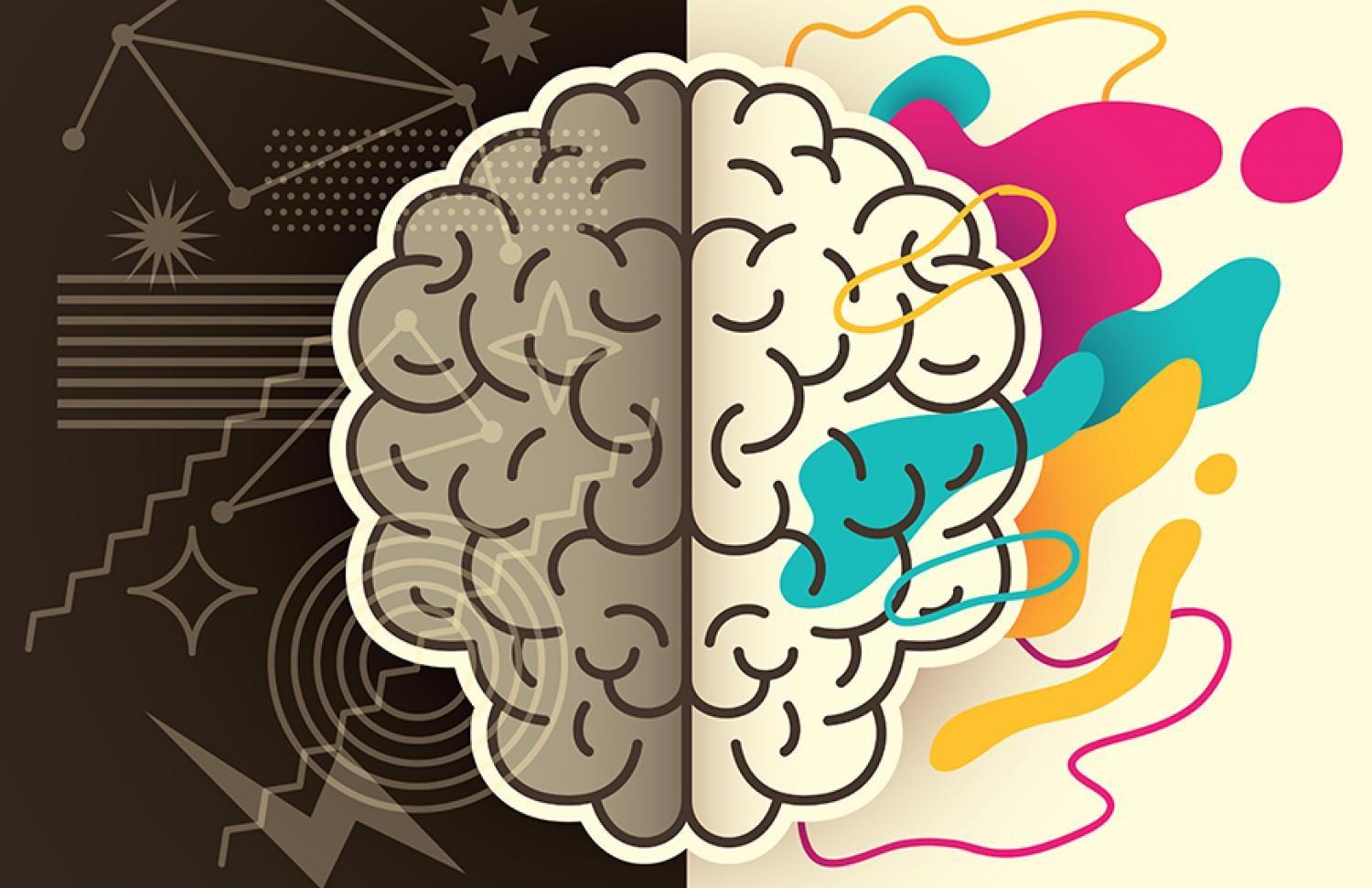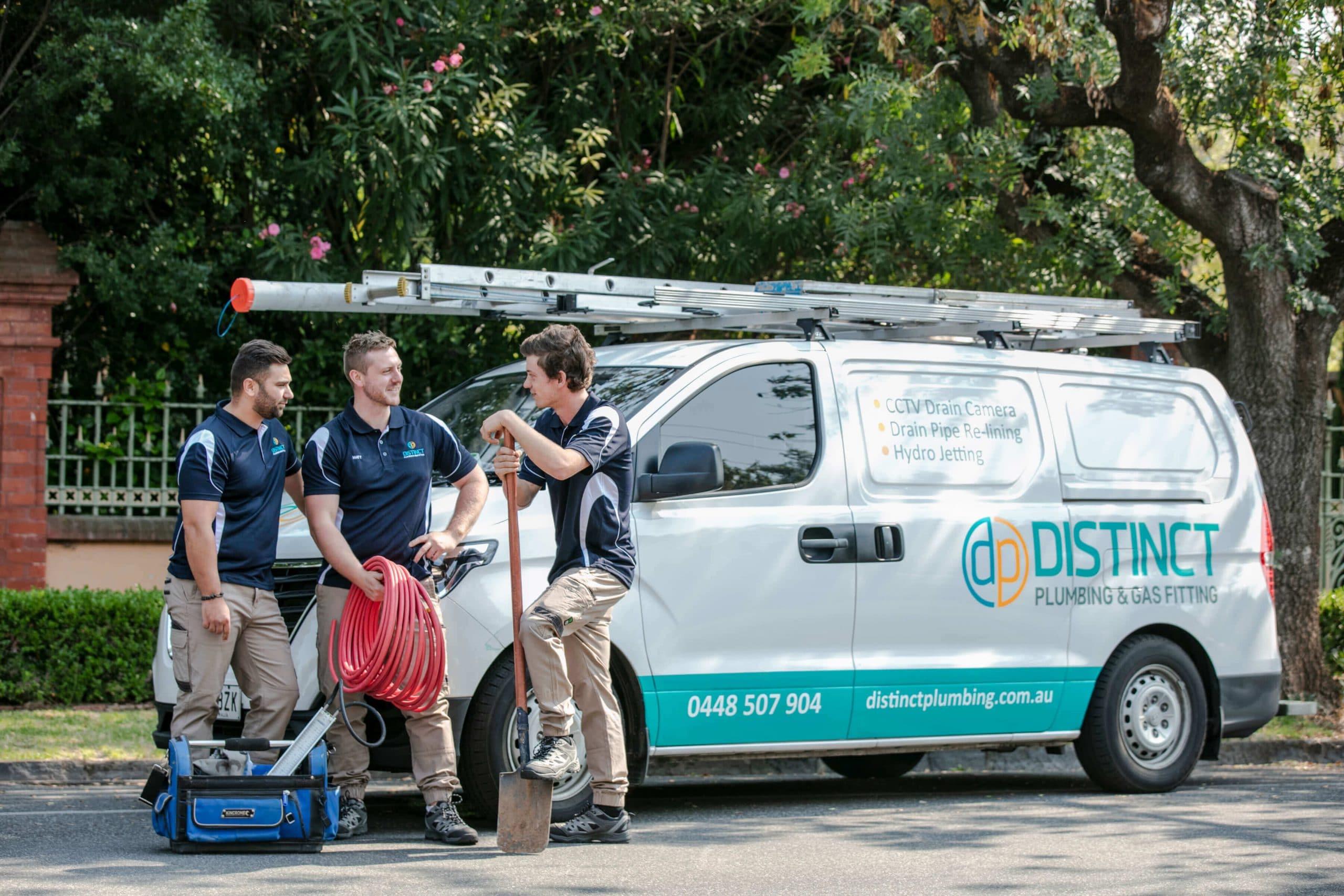Nurturing Teen Mental Wellness in Ireland with Caroline Goldsmith

For many parents in Ireland, watching their teen struggle with anxiety, stress, self-esteem, or depression can feel overwhelming. Parents often want to help, but may not know exactly how. Empowering parents to support teen mental health is crucial, because with the right guidance, families can create environments that foster growth and healing.
Caroline Goldsmith, a respected psychologist in Ireland, specialises in helping parents understand teen mental health and develop strategies that make a real difference. Her work blends professional expertise, compassion, and evidence-based practice. In this article, we explore how parents can play an active role in supporting teen mental health, why it matters, and how Caroline Goldsmith helps families across Ireland do just that.
Why Parental Support Matters
1. Statistics & Trends in Ireland
-
Recent research from RCSI (Royal College of Surgeons in Ireland) shows that more than a quarter of adolescents reported their mental health as “bad” or “very bad,” and more than one in three reported engaging in self-harm.
-
UNICEF reported that Irish teenagers are among the least happy in high-income countries for wellbeing, despite strong academic achievements. Nearly one in three 15-year-olds report low life satisfaction.
-
The HSE's recent Action Plan for child and youth mental health services highlights a need for more timely, accessible support for young people and their families.
These findings show that many teens in Ireland are experiencing mental distress, and that parental involvement is essential for early detection and support.
2. The Role Parents Can Play
Parents are often the first to notice changes in mood, behaviour, sleep, or social interaction. Some of the roles parents can play:
-
Observing early signs of anxiety or depression
-
Providing emotional safety and openness at home
-
Encouraging healthy routines (sleep, nutrition, physical activity)
-
Being a sounding board for worries without immediately seeking to “fix” them
-
Seeking professional help when needed
Many parents feel uncertain when to intervene or how to do so effectively. That’s where informed guidance such as that offered by Caroline Goldsmith can provide clarity, reassurance, and direction.
Challenges Parents Face
Even when parents want to help, they often face hurdles:
-
Lack of clear information: Research has shown that many Irish parents feel mental health services are fragmented, and resources for teens and parents are not always obvious.
-
Stigma and shame: Worry about being judged or misunderstanding what’s “normal teenage behaviour.” Some parents delay seeking help because they hope issues will resolve spontaneously.
-
Overload of information: Online resources are many but vary in accuracy. It can be hard to know which advice to trust.
-
Limited access: Waiting times for formal services (like CAMHS) can be long; not all families have easy access to private supports.
Caroline Goldsmith's approach is designed to help parents overcome these challenges with confidence.
Caroline Goldsmith’s Approach to Empowering Parents
Caroline’s work with parents includes guidance, education, and tools to support their teenager’s mental health. Key aspects of her approach include:
1. Psychoeducation for Parents
She provides knowledge about:
-
What teen mental health disorders look like (anxiety, depression, self-harm)
-
Normal teenage development and what is or isn’t a warning sign
-
How external factors (peer pressure, social media, academic stress) affect mental health
This gear-up helps parents feel less confused, more confident, and better able to support.
2. Communication Skills
Caroline helps parents develop ways to talk with their teens:
-
Active listening, validating feelings rather than dismissing them
-
Asking open questions (“How did that make you feel?”) instead of “What’s your problem?”
-
Balancing guidance with autonomy: giving teens room to make choices while offering support
These skills help teens feel understood rather than judged or controlled.
3. Setting Healthy Boundaries and Routines
Routines can offer stability for teens navigating many changes. Caroline works with parents to set:
-
Regular sleep schedules
-
Balanced screen usage (especially social media)
-
Times for family connection (meals, conversation)
-
Activities that promote relaxation and self-care
Such routines can reduce anxiety, improve mood, and promote emotional regulation.
4. Encouraging Emotional Awareness and Coping Skills
Parents are guided on helping teens recognize emotions and develop coping strategies:
-
Naming feelings (sad, anxious, frustrated)
-
Breathing or grounding exercises
-
Journalling or artistic expression
-
Stress management techniques
By doing so, parents help teens build resilience and reduce the risk of behaviour becoming overwhelmed by emotion.
5. Supporting Help-Seeking and Professional Care
Caroline helps parents understand when professional support is needed and how to access it:
-
Knowing about services like CAMHS (Child and Adolescent Mental Health Services) in Ireland.
-
Recognising when anxiety or depression is persistent or impairing daily function
-
Supporting teens in therapy, being part of the process when appropriate
-
Navigating referrals or private support if public services are delayed
Supporting Data & Real-Life Example
A real-life example helps illustrate how parental support can make a difference:
A common scenario: a teenage girl in Ireland began having difficulty sleeping, avoidance of social outings, frequent worry about school. Her parents noticed changes but weren’t sure whether the symptoms merited intervention. When guided by Caroline Goldsmith, they learned to talk with her compassionately, validate her fears, and introduce small routines (bedtime mindfulness, limiting screen time before bed). They also sought professional support when the symptoms persisted. Over a few months, the teen improved socially, slept more comfortably, and reported feeling more in control of her anxiety.
This example demonstrates how parental involvement, with expert guidance, helps teens recover and build resilience.
Practical Tips for Parents in Ireland
Here are actionable steps for parents to support their teens, inspired by Caroline Goldsmith’s approach:
-
Notice changes early – mood, appetite, sleep, social withdrawal
-
Create open communication – safe, non-judgmental conversations
-
Encourage routine and self-care – sleep, nutrition, physical activity
-
Limit negative comparisons – be mindful of social media usage
-
Model calm behaviour – parents’ own stress management influences teens
-
Promote emotional vocabulary – help teens name what they feel
-
Support help-seeking – know what resources exist (CAMHS, charities, therapists)
-
Stay involved – therapy works best when parents support between sessions
How Caroline Goldsmith Helps Parents Across Ireland
Caroline’s services for parents typically include:
-
Parent-child therapy sessions
-
Family counselling
-
Workshops and coaching on mental health awareness
-
Guidance on accessing public and private mental health services
-
Tailored strategies for school stress, social anxiety, or other specific challenges
Her work ensures that parents are not just observers, but active partners in their teen’s mental health journey.
Resources Available in Ireland
While Caroline provides personalised psychological care, these national supports complement parental involvement:
-
CAMHS (Child and Adolescent Mental Health Services) for specialist treatment.
-
ISPCC digital wellbeing programmes aimed at young people and caregivers to manage anxiety and stress.
-
Childline Therapeutic Support Services by ISPCC, offering resilience-based support for youth and families in challenging moments.
-
Strengthening Families Programme – Evidence-based training for families with teens that builds protective factors like communication and cohesion.
These services help plug gaps where parental guidance alone isn’t enough.
FAQs
How do I know when to seek professional help?
If your teen’s anxiety or behaviour has lasted more than several weeks, affects school or relationships, or involves thoughts of self-harm or suicidal ideas.
What if my teen doesn’t want to talk?
You can begin with letting them know you’re open to talking anytime. Use gentle, non-judgmental approaches. Sometimes listening first, without pushing, opens doors.
How involved should I be in therapy?
That depends on the teen’s age and comfort. Often, parents can attend some sessions, receive guidance, and support skills practiced at home.
What if public services are delayed?
While waiting, using private therapy, digital programmes, or supportive counsellors can help. Also, build routines and coping strategies at home.
Conclusion
Teens in Ireland face real mental health challenges, but parents are powerful agents of change. With understanding, compassion, effective communication, and structure, parents can create environments where teens feel safe, supported, and capable of overcoming challenges.
Caroline Goldsmith empowers parents with the knowledge and tools needed to guide their teens toward greater emotional well-being, resilience, and hope. By working together—teens, parents, and professionals—families can navigate teenage years with stronger connection, understanding, and emotional health.








